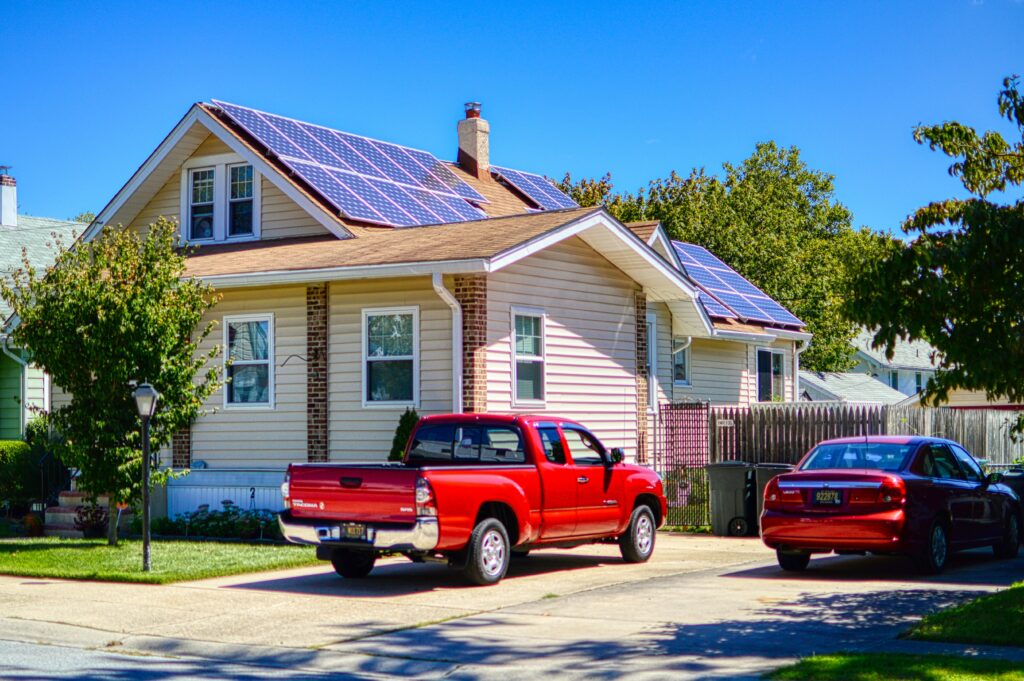Is There Net Metering in Tennessee?

If you are interested in investing in solar energy for your home or business, you might be wondering if Tennessee has net metering. Or, maybe you heard from a friend about a solar energy program offered by the local power company. In this blog, LightWave will provide a brief history of solar programs in Tennessee and explain what utility incentives are available for new solar-powered projects.
The Rise and Fall of GPP
When LightWave Solar first started in 2006, our customers enrolled in a solar energy program called the TVA Generation Partners Program (GPP). For system owners in the program, TVA bought 100% of their solar generation at a premium rate for 10 years. The program was so popular, that the amount of solar-powered systems installed in Tennessee rose sharply.
Then, in 2013, TVA began to make changes to the program — the name of the program changed to Green Power Providers (also GPP) and TVA extended the length of their contract with solar system owners to 20 years to better match the lifespan of a solar energy system. While both of those changes benefit solar energy investors, TVA also reduced the allowable system size, number of projects that could enroll in the program, and the rate they would pay for solar generation.
Finally, the GPP program closed to new applicants at the end of 2019. Customers who installed in 2019/2020 will have their GPP contracts until 2039/2040. If a GPP participant sells their home or business, the TVA contract is transferable to the new owner for the remainder of the contract. TVA’s GPP transfer form can be found here.
What Is DPP?
There is no comparable replacement program for TVA’s GPP program, and there is no net metering in Tennessee. Although TVA is required by federal law to buy excess solar energy, TVA determines the rate.
With their Dispersed Power Production (DPP) program, TVA pays their avoided cost rate for solar energy. It fluctuates each month, but it’s generally way below retail rate — around 2 cents per kilowatt hour. The retail rate is around 12 cents per kilowatt hour, so the DPP rate is just a fraction of what you pay for grid electricity. This means your excess solar generation, if sent to the grid, provides very little monetary value for you.
In many cases, the local power company (utility that distributes TVA’s power) charges a monthly fee for enrollment in the DPP program. Typically, the fee cancels out the small amount of credit earned by a residential solar energy system.
Increase Your Solar Project’s Value with a Storage System
Since there is no net metering and the state of Tennessee doesn’t offer attractive utility incentive programs for solar energy project, you can get the most value from your solar-powered system if you store your excess solar energy in batteries and use it later. Then, the value of your solar energy is equal to the retail rate of electricity, and you can see significantly lower electric bills.
More importantly, a solar energy and battery storage system will provide your home with reliable and clean backup power during grid outages. These systems can give you grid independence and peace of mind, even during severe storms.. Learn more about our residential solar + storage systems here.
Contact the Experts at Lightwave Solar
LightWave has been helping people make the switch to solar energy for over 17 years. Although utility solar policies continue to change, our commitment stays the same — we aim to provide high-quality solar energy solutions that meet our customers’ goals. If you want to talk to our experts about a solar project for your home or business, book your consultation today.







